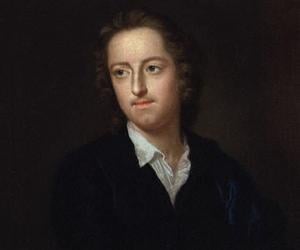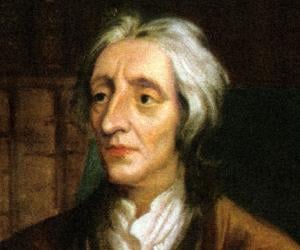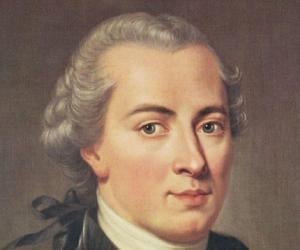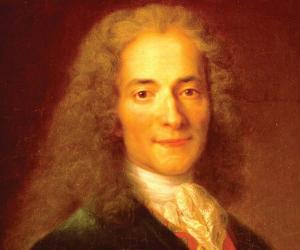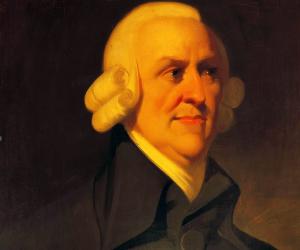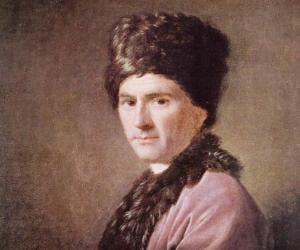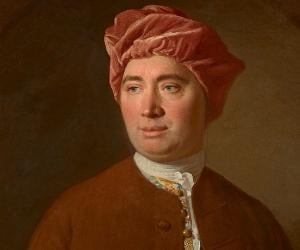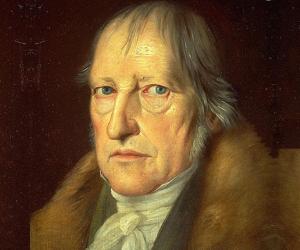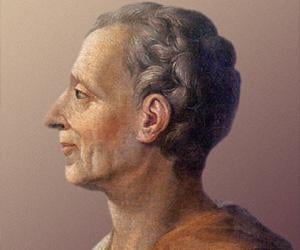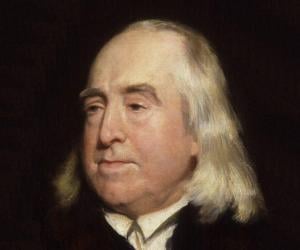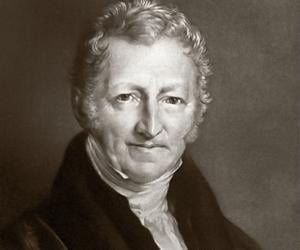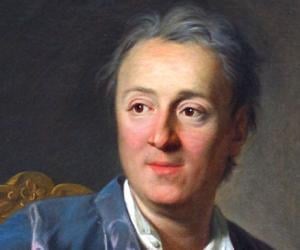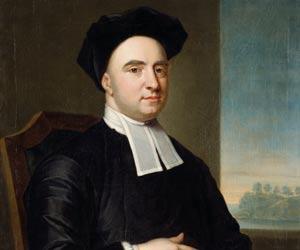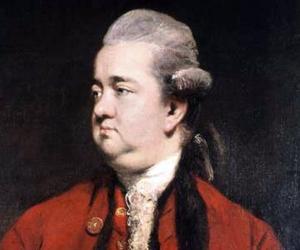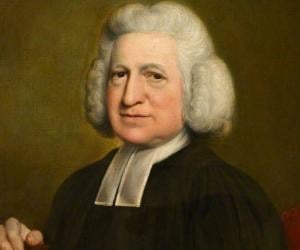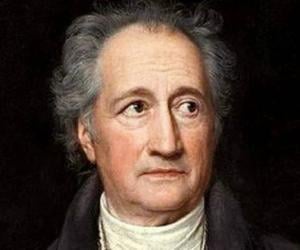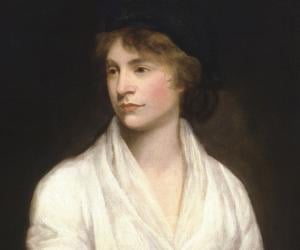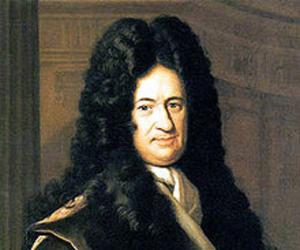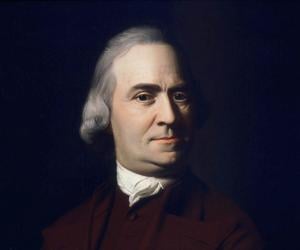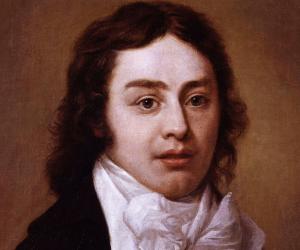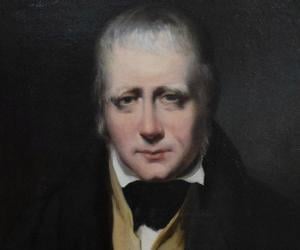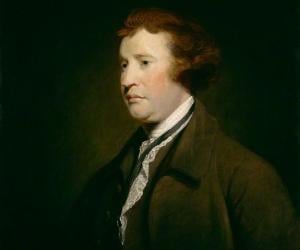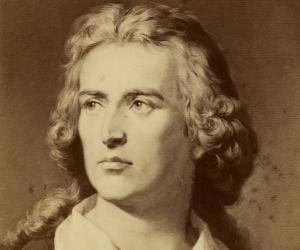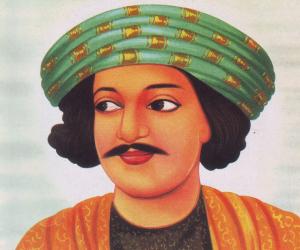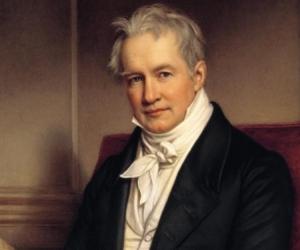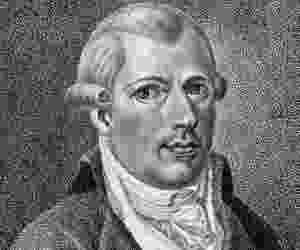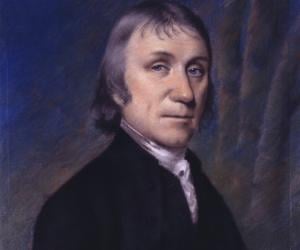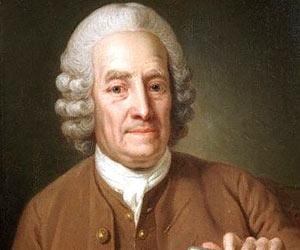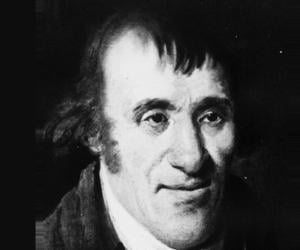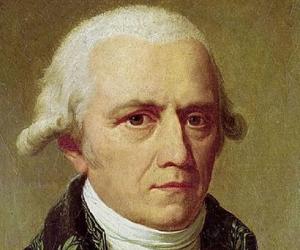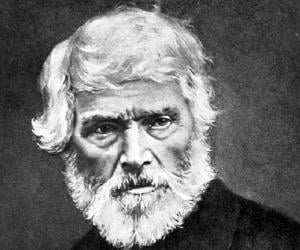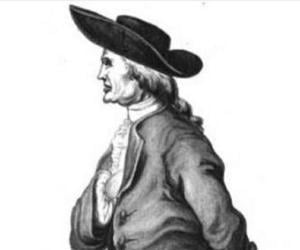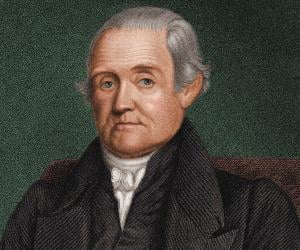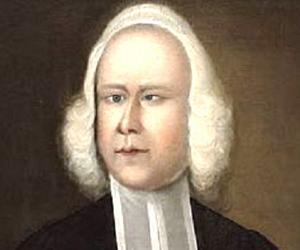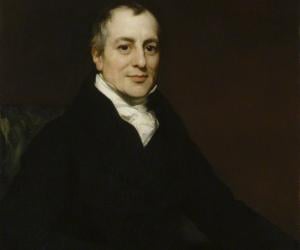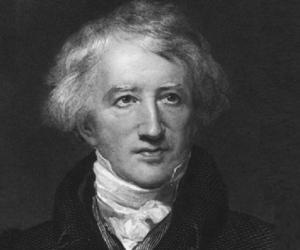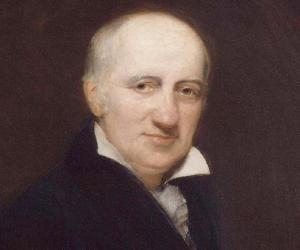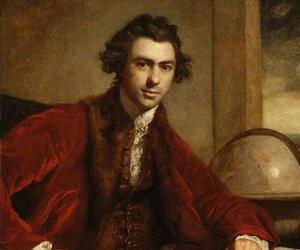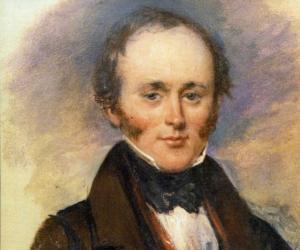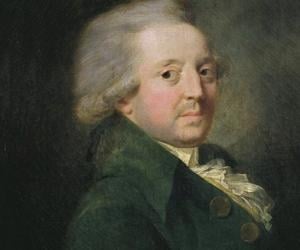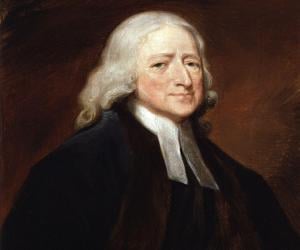Immanuel Kant was a German philosopher whose works in fields like aesthetics and metaphysics have made him an important and influential personality in Western philosophy. His views continue to influence contemporary philosophy. Kant has had a major influence on prominent philosophers like Hegel, Schelling, Reinhold, and Fichte. Kant's work on mathematics is cited by Albert Einstein as an early influence.
Widely considered The Father of Economics, Adam Smith was a Scottish philosopher and economist. A pioneer of political economy, Adam Smith played a major role during the Scottish Enlightenment. His book The Wealth of Nations is regarded as the first modern work of economics and a forerunner of today's academic discipline of economics.
Jean-Jacques Rousseau was a Genevan philosopher, composer, and writer. His political philosophy influenced aspects of the French Revolution. He also helped develop modern economic, political, and educational thought. His writing inspired a transformation in French drama and poetry. His works also influenced such writers around the world as Tolstoy. His works as a composer were acknowledged by composers like Mozart.
Scottish Enlightenment philosopher, historian, and economist, David Hume, is considered one of the most important philosophers to write in English. His book, A Treatise of Human Nature, is counted among the most influential works in the history of philosophy. His works have influenced numerous thinkers, including German philosopher Immanuel Kant and Christian philosopher Joseph Butler.
French Enlightenment political philosopher, historian, judge, and man of letters Montesquieu remains the main source of the separation of powers system that is followed in many constitutions across the globe. His treatise The Spirit of the Laws on political theory greatly influenced work of many others, including drafting of the U.S. Constitution by the founding fathers of the United States.
Thomas Robert Malthus was an English economist and demographer, who viewed poverty as man’s unavoidable destiny. Author of An Essay on the Principle of Population; he believed that increase in national food production results in feeling of well-being, leading to population growth, which in turn results in poverty. Commonly referred as Malthusianism, it made immediate impact on British social policy.
Denis Diderot revolutionized the Age of Enlightenment as the co-founder of Encyclopédie, which was banned for questioning religion. He had flirted with the idea of joining the theater and becoming a priest, and even studied law, but later devoted himself to languages, literature, and philosophy.
George Berkeley was an Anglo-Irish philosopher who is credited with popularizing a theory called immaterialism, which claims that material substance like tables and chairs can't exist without being perceived by the mind. Berkeley influenced several philosophers like David Hume. Also remembered for his humanitarian work, George Berkeley worked towards creating homes for abandoned children in London.
Eighteenth-century historian and author Edward Gibbon is best remembered for his 6-volume historical work The History of the Decline and Fall of the Roman Empire, a narrative that charted events from the 2nd century to the Fall of Constantinople. He had also been an MP, representing Lymington and Liskeard.
One of the leaders of the Methodist revival movement, Charles Wesley is better known as the author numerous hymns and carols. Love Divine, All Loves Excelling and Christ the Lord Is Risen Today being some of his more popular works. Averaging ten poetic lines per day for fifty years, he published more than 4,500 hymns, leaving some 3,000 in manuscript.
Regarded as the greatest literary figure in Germany's modern era, Johann Wolfgang von Goethe was a statesman and writer. Apart from writing poetry and prose, he also wrote treatises on color, anatomy, and botany. Thanks to his literary genius, Goethe was made part of the Duke's privy council in Weimar and he implemented several reforms at the University of Jena.
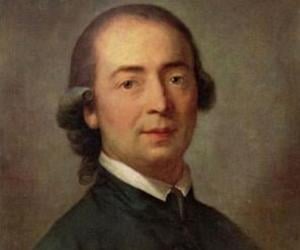
German philosopher Johann Gottfried Herder is best remembered as a significant figure of the Sturm und Drang literary movement. Born into poverty and largely self-educated till 17, he later became a disciple of Immanuel Kant and was associated with Enlightenment and Weimar Classicism. He was eventually ennobled.
Mary Wollstonecraft was an English writer, advocate of women's rights, and philosopher. Wollstonecraft, who attracted a lot of attention for her unconventional personal relationships, is widely considered a founding feminist philosopher. Although her unorthodoxy initially attracted criticisms, her advocacy of women's equality became increasingly important during the 20th century. Modern-day feminists cite her works and her life as important influences.
Samuel Coleridge was an English poet, philosopher, theologian, and literary critic. He is credited with co-founding the Romantic Movement in England along with his friend William Wordsworth. Despite struggling from bouts of depression and anxiety throughout his adult life, Samuel Coleridge had a major influence on American transcendentalism and writers like Ralph Waldo Emerson.
Walter Scott was a Scottish novelist, poet, historian, and playwright. Scott's ability as a writer and his knowledge of history made him a pioneering figure in the formation of the historical novel genre. An influential writer, many of his works remain classics of Scottish as well as English-language literature. Scott was admired by other prominent writers like Letitia Elizabeth Landon.
Anglo-Irish statesman and philosopher, Edmund Burke, was a member of parliament (MP) in the House of Commons of Great Britain for several years. He supported Catholic emancipation and strongly opposed the French Revolution. He felt revolution destroyed the fabric of good society and traditional institutions of state and society. He is considered the philosophical founder of modern conservatism.
Friedrich Schiller was a German poet, physician, philosopher, playwright, and historian. Schiller is best remembered for his friendship with Johann Wolfgang von Goethe and the two discussed issues concerning aesthetics. Schiller's discussions with Goethe paved the way for a period, which came to be known as Weimar Classicism. Friedrich Schiller is also widely regarded as Germany's most prominent classical playwright.
Raja Ram Mohan Roy was an Indian social and religious reformer. He is credited with co-founding the Brahmo Sabha, a social-religious reform movement. Often referred to as the Father of the Bengal Renaissance, Roy has had an influential role in fields like politics, education, and religion. In 2004, he was ranked 10th in BBC's Greatest Bengali of all time poll.
As a child, Alexander von Humboldt was sickly and a bad student. After failing to shine in economics and engineering, he grew up to revolutionize the domain of geography. He is remembered for his research on magnetic storms and his treatise on nature, Kosmos. He also spoke about climate change.
Best remembered for his contribution to the chemistry of gases, Joseph Priestley was an English scientist, clergyman, political theorist and educator, who has been credited with discovering oxygen independently, publishing his findings before Carl Wilhelm could. A prolific writer, he has authored 150 works on various subjects including electricity. He also contributed immensely to the advancement of political and religious thoughts.
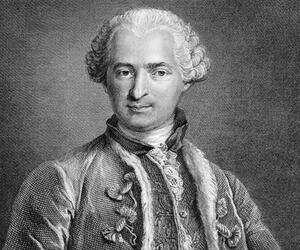
Known as The Wonderman, 18th-century French adventurer Comte de Saint-Germain was also a talented musician, especially skilled in the violin, and a well-known chemist. Not only was he proficient in almost all European languages, he had traveled to places such as Russia, the Dutch Republic, and Germany.
Emanuel Swedenborg was a Swedish pluralistic-Christian philosopher, mystic, theologian, and scientist. Swedenborg started hogging the limelight after writing a book on the afterlife titled Heaven and Hell, which released in 1758. A prolific scientist and inventor, Swedenborg experienced spiritual awakening after which he started working on reforming Christianity. He even claimed that he could converse with angels and demons.
As a child, Ethan Allen was fond of deciphering passages from the Bible. He grew up to co-establish Vermont and led the Green Mountain Boys during the American Revolutionary War. After failing to achieve Vermont’s separation from New York, he tried to unite Vermont with Canada.
French biologist Jean-Baptiste Lamarck acquired his love for plants while serving as a soldier in the French army. Following an injury, he quit his military career but retained his love for botany. He later taught zoology, studied the classification of invertebrates, and also coined the term biology.
English natural philosopher, scientist, and a prominent experimental and theoretical physicist and chemist Henry Cavendish is best-remembered for his discovery of hydrogen and his Cavendish experiment. He first recognized that hydrogen, which he termed inflammable air, is a discrete substance which produces water on combustion. He conducted the Cavendish experiment to measure and produce a value for Earth’s density.
Noah Webster was an American textbook pioneer, lexicographer, political writer, English-language spelling reformer, author, and editor. Dubbed the Father of American Scholarship and Education, Webster's books have been credited with teaching the art of spelling and reading to five generations of American children. Thanks to his work as a spelling reformer, his name became synonymous with dictionary in the US.
George Whitefield was an Anglican evangelist and cleric. He is credited with co-founding the evangelical movement and Methodism. Whitefield's teachings of a series of revivals in North America became an important component of the First Great Awakening. Thanks to his ability to captivate large audiences, George Whitefield preached to millions of listeners during his ministry.
Georges Cuvier was a French zoologist and naturalist. A major figure in the early 19th century's research of natural sciences, Cuvier played an important role in establishing the fields of comparative paleontology and anatomy by comparing fossils with living animals, for which he is sometimes regarded as the founding father of paleontology.
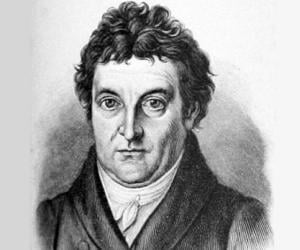
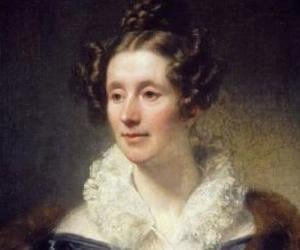
One of the two pioneering female honorary members of the Royal Astronomical Society, Mary Somerville was a 19th-century polymath and science writer. Though she specialized in math and astronomy, she was also well-versed in botany and geology. The Connection of the Physical Sciences remains her most notable work.
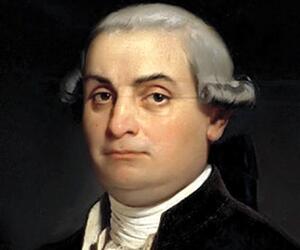
Cesare Beccaria was an 18th-century Italian criminologist, philosopher, jurist, and politician. He is widely regarded as one of the greatest thinkers of the Age of Enlightenment. He is still remembered for his treatise On Crimes and Punishments (1764), a pioneering work in the field of penology. He is considered the father of modern criminal law.
British naturalist Joseph Banks is remembered for accompanying Captain James Cook on his voyage across places such as Brazil and Tahiti. He had also been the president of the Royal Society for over 40 years. Both his herbarium and library now find a place at the British Museum.
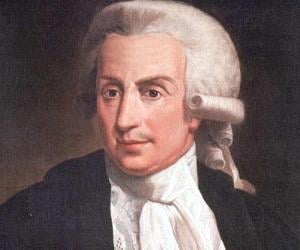
Luigi Galvani was an Italian physician, biologist, physicist, and philosopher. He is credited with the discovery of animal electricity and is considered a pioneer of bioelectromagnetics. He and his wife made one of the first forays into the study of bioelectricity when they discovered that the muscles of dead frogs' legs twitched when struck by an electrical spark.
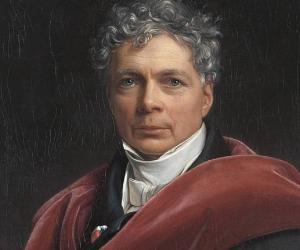
Charles Lyell was a Scottish geologist best remembered for his work Principles of Geology, which explains the origin of the earth. He is also remembered for his pioneering explanation of climate change. A close friend of Charles Darwin, Charles Lyell is also credited with influencing many of Darwin's works pertaining to the theories of evolution.
French mathematician and philosopher Marquis de Condorcet was a champion for liberal economy and women’s rights. He was a significant contributor of the Encyclopédie and was part of the Academy of Sciences. He is also remembered for his political activities in the wake of the French Revolution.
John Wesley was an English cleric, evangelist, and theologian. He is best remembered for leading a revival movement called Methodism within the Church of England. He is credited with founding societies that eventually became the dominant form of the Methodist movement, which remains relevant today. He continues to be the main theological influence on Methodists all over the world.
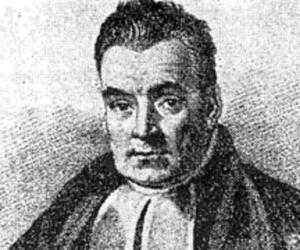

French social theorist Charles Fourier is regarded as one of the pioneers of utopian socialism. Apart from advocating social reconstruction based on phalanges, or Fourierism, he is also credited with coining the term feminism with respect to women’s rights. The Social Destiny of Man remains one of his notable works.
